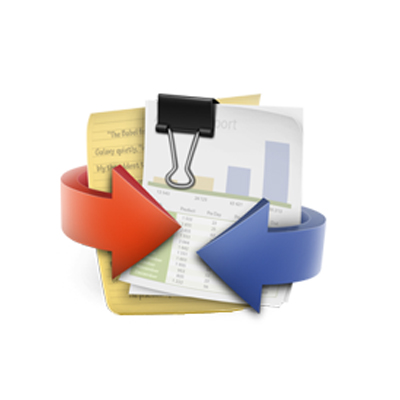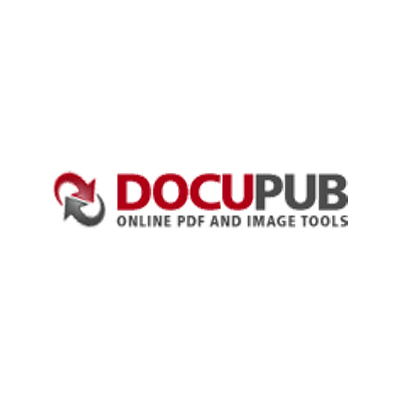If you are looking to convert your DOCX files to XML format, you have come to the right place. Our website offers a comprehensive list of converters that can easily and efficiently convert your DOCX files to XML. XML, or Extensible Markup Language, is a versatile format widely used in various industries, including technology and web development. Converting your DOCX files to XML can be beneficial for several reasons. XML files provide a structured format that allows for easy data extraction and manipulation. XML files also offer platform-independent storage, meaning they can be accessed and utilized across different operating systems and software. Additionally, XML files can be easily transformed into other formats, making them an ideal choice for data exchange and integration. Whether you need to convert a single DOCX file or batch convert multiple files, our list of converters has got you covered. Choose from a variety of online converters or install premium software for advanced features and customizations.
















A DOCX file is a document file format used by Microsoft Word and other word processing applications. It is the default file format for Microsoft Word since 2007. DOCX files are based on the open XML format, which allows for more efficient storage and retrieval of data from the document. This file type is commonly used for creating, editing, and sharing text documents, such as reports, essays, and letters. DOCX files can contain various elements, such as text, images, tables, and formatting options. They are highly versatile and can be easily opened and edited using Microsoft Word or other compatible programs. Additionally, DOCX files can be converted to other file formats, such as PDF, to ensure compatibility and easy sharing across different devices and platforms.
XML files are a structured and versatile file format that is used for storing and transporting data. XML stands for Extensible Markup Language, and it was designed to be both human-readable and machine-readable. Unlike other file formats, XML allows you to define your own tags and structure, making it highly adaptable to a wide range of needs. This flexibility and extensibility make XML files ideal for a variety of applications, such as web development, data exchange between different systems, and configuration files. XML files store data in a hierarchical format, using nested elements and attributes to represent the information. XML files can be processed by various software applications and can be easily converted or transformed into other file formats, such as HTML or PDF, for display or printing purposes.